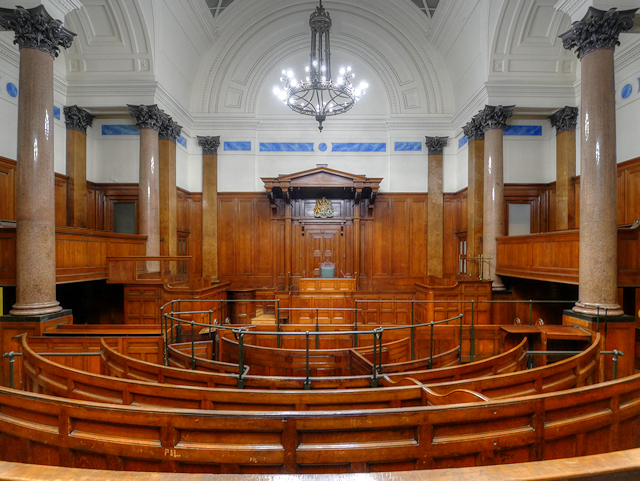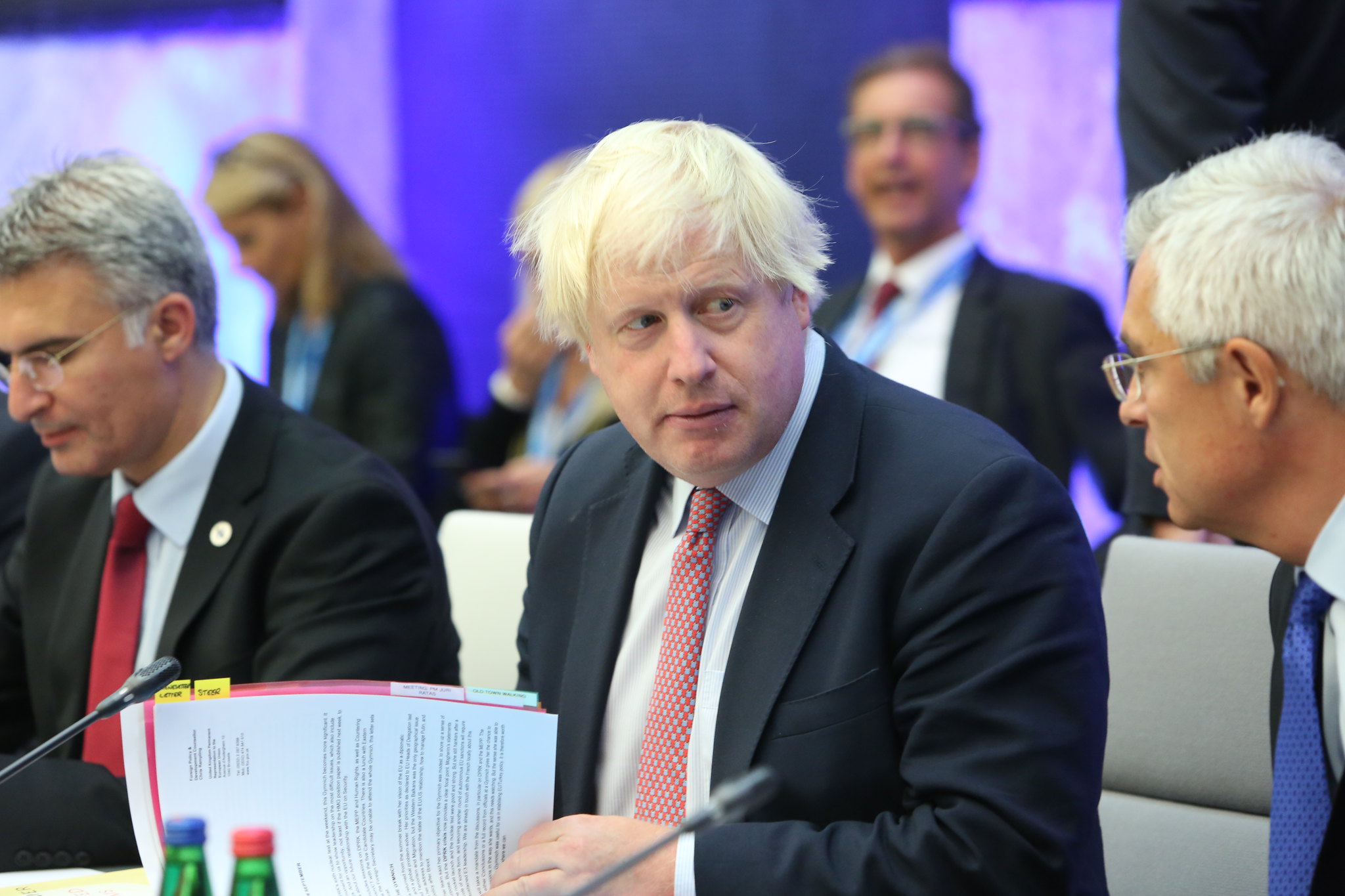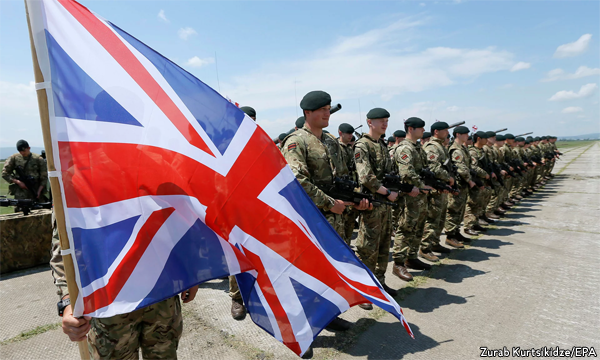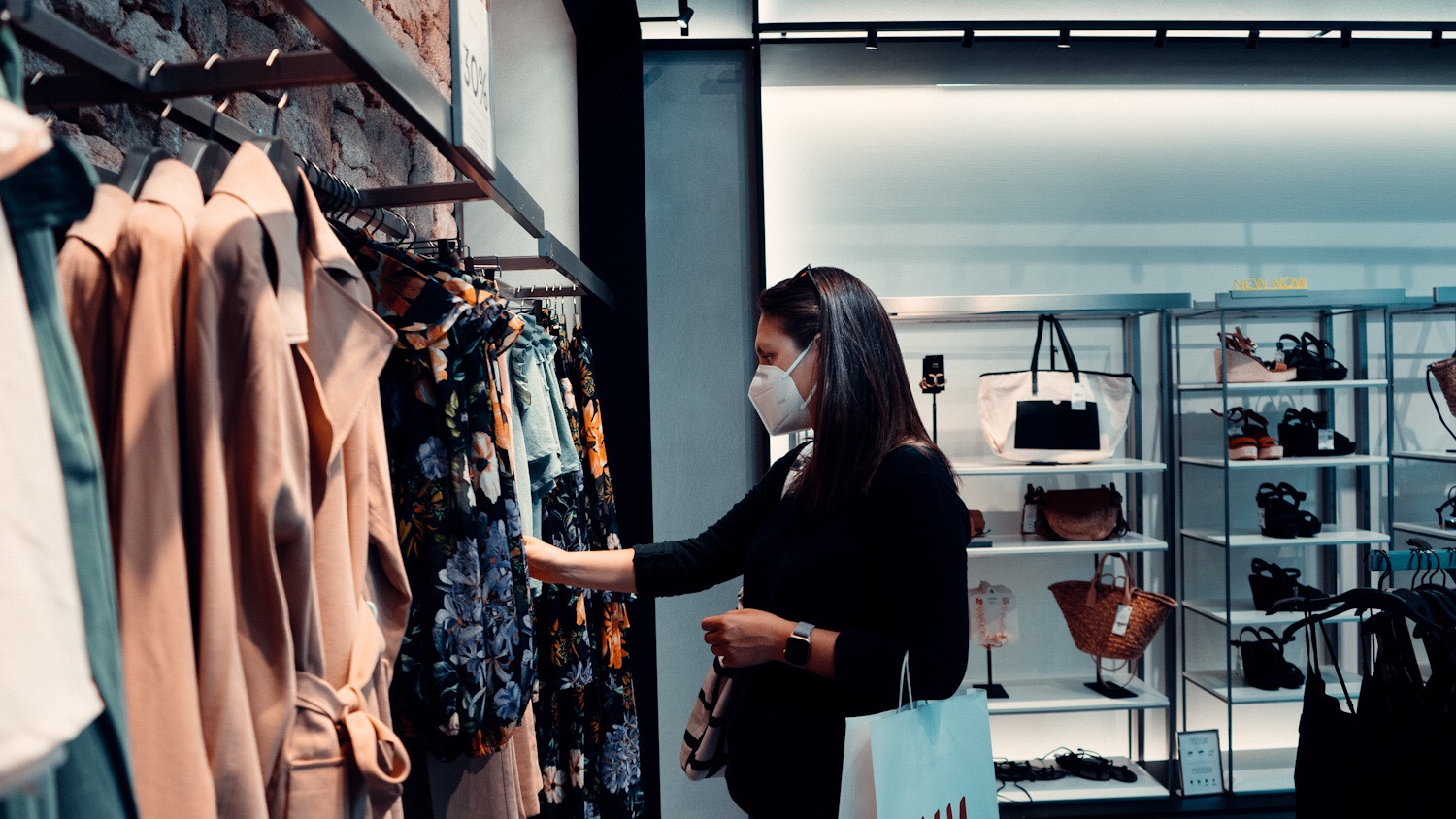Cameras will be allowed in crown courts in England and Wales, under legislation being laid by the Government.
The recording, or even sketching, of court proceedings has been banned since 1925. The new legislation will allow recording to take place in serious trials. Only the judge’s sentencing remarks will be recorded.
Recording has been permitted in Scottish courts since 1992 but only took place for the first time in 2012. Proceedings in the Supreme Court have been recorded since 2009.
The Bar Council, which represents barristers in England and Wales, said the move to televise Crown Court judges delivering sentences in real-life cases was a positive step and went some way to opening up the workings of the justice system to the public. However, the Bar Council urged caution to avoid sentencing becoming a spectator sport.
Amanda Pinto QC, Chair of the Bar Council, said: “Open justice gives an insight into our justice system and our courts to the public, many of whom will never personally go to court, but who value justice. This initiative will help people understand the realities of our criminal justice system.
“However, given that it is only the judge’s sentencing remarks that will be televised, the public may well not fully appreciate why a particular sentence has been given without seeing the evidence presented during trial, the mitigating factors and other relevant information, such as probation reports.
“Sentencing must not become an armchair, spectator sport.
“This is an opportunity to showcase how justice is delivered in our country, but the legislation must factor in the particular risks involved in televising the process; we are very keen that more is done to help educate the public on justice and the rule of law as a whole.




